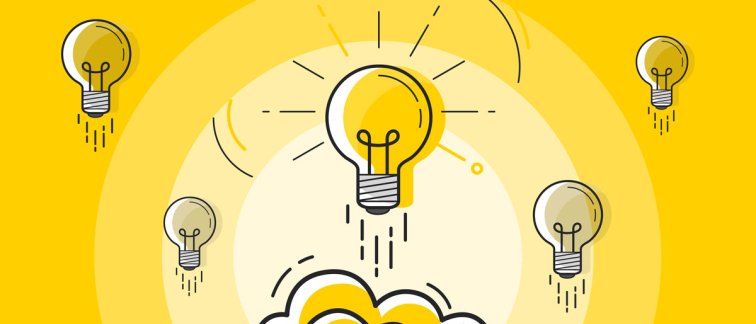How do you make sure your lifestyle intervention will be successful in practice? What are the pitfalls and success factors for implementation of lifestyle interventions? Implementation specialist and APH researcher Femke van Nassau (senior researcher at Amsterdam UMC) has given three masterclasses on this topic to all project teams of the awarded projects in the ZonMw Knowledge Utilization & Implementation program.
The first masterclass addressed the first phase in an implementation project, the problem analysis, which is all about setting up the implementation process. Questions that arise: What does this intervention has to offer? Who are my stakeholders? What are their considerations in choosing your intervention and what strategy can you use to ensure that the intervention will be properly implemented and used in the right way, for example through training. Once you are up and running, you want to optimize the implementation process. The second masterclass was therefore about monitoring and process evaluation, which gives you knowledge about what goes well and what does not during implementation. Knowledge you can use to optimize the implementation of your project or intervention. And finally, in the third masterclass, themed around sustainability of the intervention, they explored how you can ensure that the project continues in the long term?
No matter how well an implementation plan is put together, there is always room for improvement or efficiency. Femke van Nassau: "You can't start thinking about implementation early enough. Think about implementation when you are designing your research or developing an intervention. Don't just sit in your ivory tower and think of something, but also check whether your idea fits in with practice. It is also essential that you focus on your implementation goals: when is implementation successful? What do you want to achieve? With whom? And in what time do you want to have achieved your goals: one year, three years? This has a major impact on your implementation strategy. The importance of monitoring should not be underestimated. As long as you stay on top of things, you can make adjustments and take well-founded decisions. Finally: learn from others what went right and what went wrong. There is a lot of information available."
Read the full article and download all course materials (in Dutch) on the ZonMw website.

